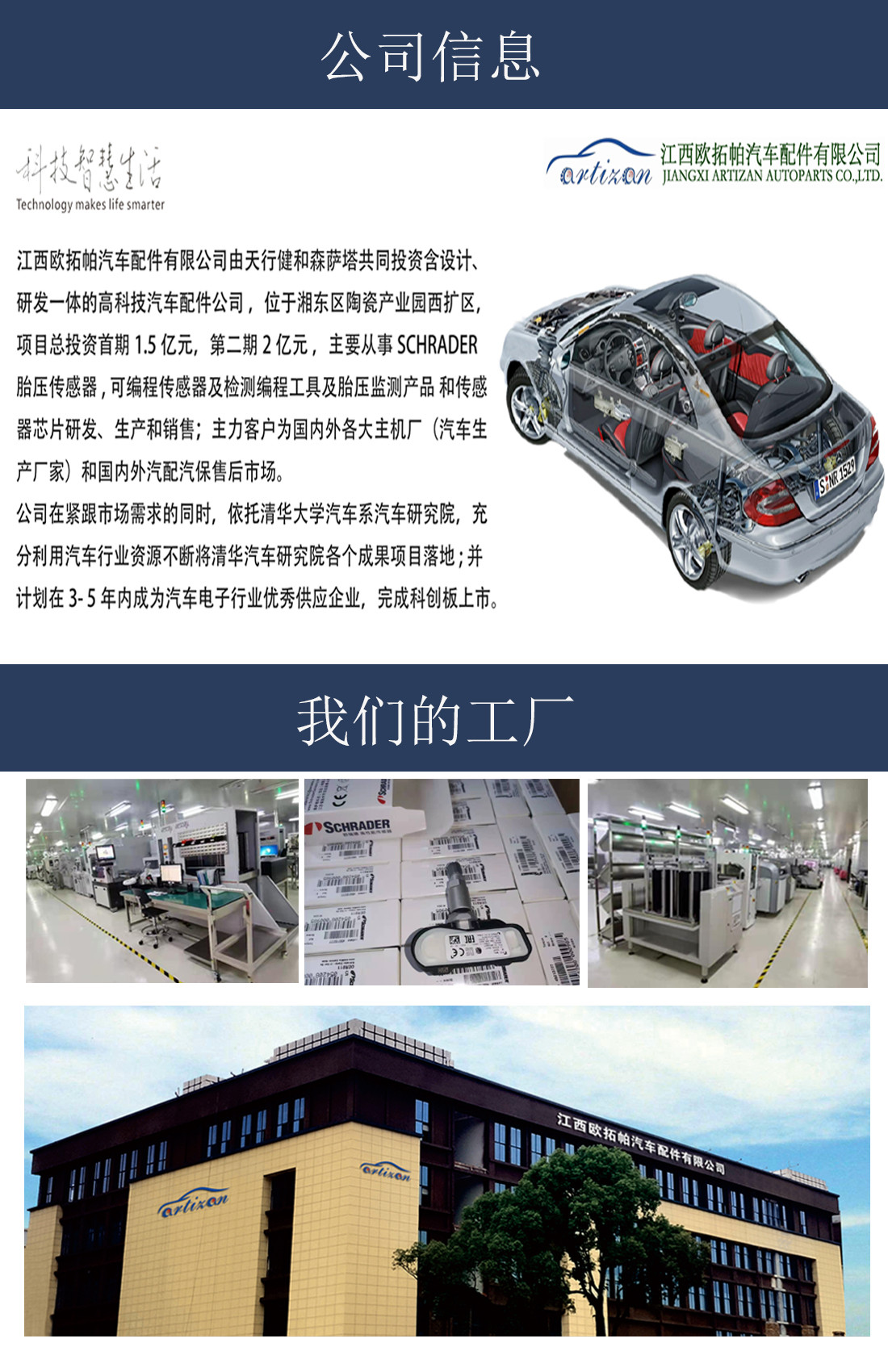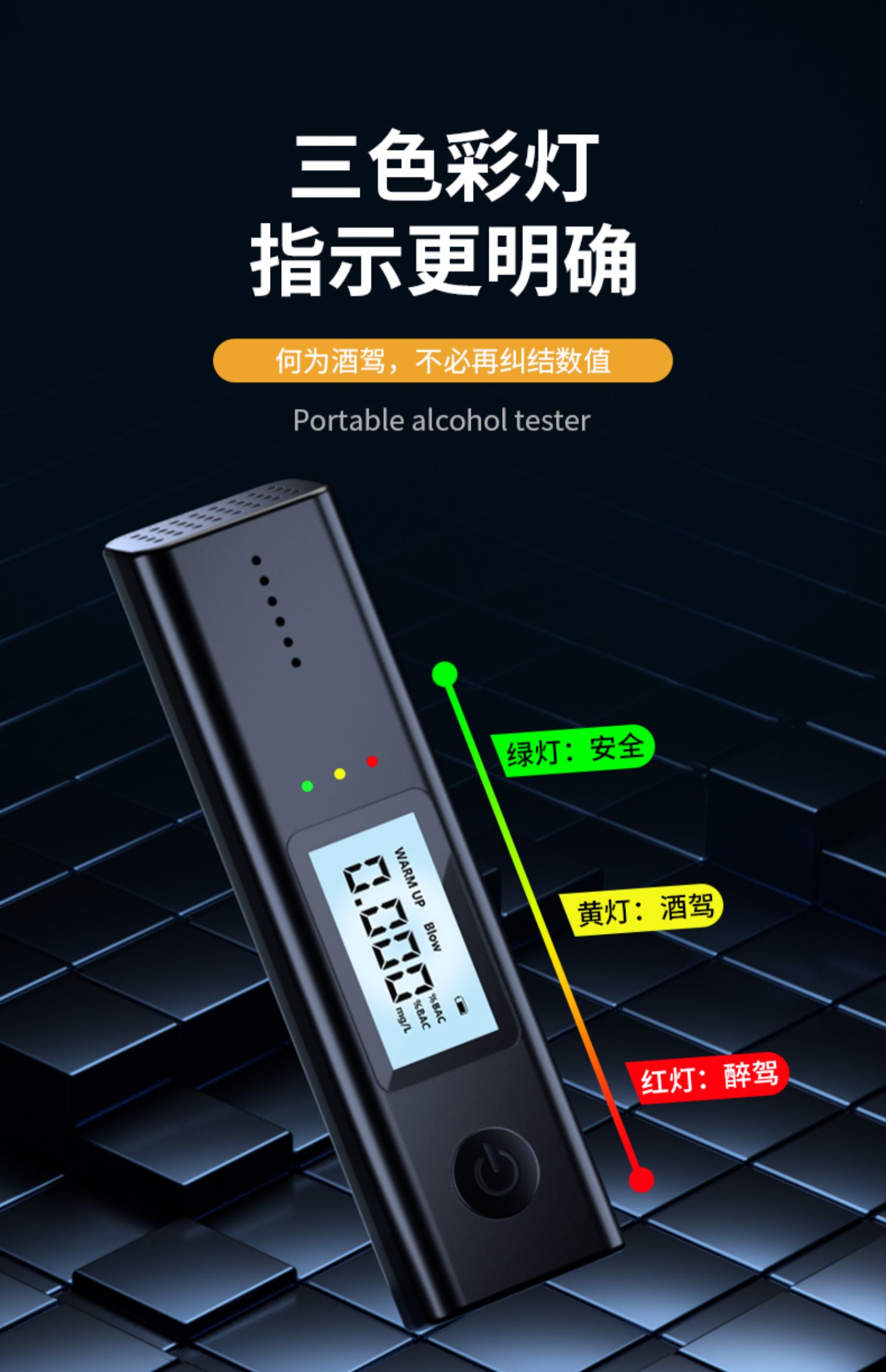Honda built its original reputation around affordable small cars like its Civic.
Yet decades on, segueing into an era of EVs, it has no battery-electric equivalent to the Civic. As Honda’s global CEO alluded this past week in a Q&A with Green Car Reports and various automotive and tech media at CES, it doesn’t see how the parallel pencils out quite yet. Wheel Speed Sensor

It might take a technology breakthrough, like solid-state battery tech, before Honda sees a small, affordable car as making sense—late in the decade.
“Whether the vehicle is luxury or affordable, the cost of the battery is the same,” said Honda CEO Toshihiro Mibe, through a translator.
Mibe explained that if it wants to create a car that’s $30,000, it’s considering solid-state batteries, because the battery costs would go down, range would increase, and the cooling system could be more simplified. Otherwise it faces compromised range.
1970s-era Honda Civic - displayed in CES 2024 presentation
“The benefit would be huge,” he added. “For small cars I think we need a breakthrough type of tech…otherwise it would be difficult.”
Honda has been working on its own all-solid-state battery tech and last year said that it’s targeting a 50% reduction in weight—or, to put it another way, a 50% boost in energy density by weight.
Mibe, with Senior Managing Executive Officer Shinji Aoyama, explained that the company would like to realize an affordable EV “very late in the 2020s.”
Honda hasn't had a U.S. EV since its limited-availability Clarity Electric, but its 2024 Prologue SUV, an effort with GM, arrives in a few months. In Europe it recently announced the discontinuation of its stylish Honda E, which costs nearly 40,000 euros and boasts a driving range of just 138 miles.
The Honda Saloon and Space-Hub concepts revealed last week at CES are built on a mid-large propulsion platform, the CEO clarified, while there will be multiple production Honda EVs based on the 0 Series built on smaller and larger platforms.
Honda Saloon Concept - 2024 CES
Why don't those head-turning concepts bear Honda's big brand-equity names like Accord or Odyssey?
Don’t expect any of Honda’s 0 Series models to follow existing Honda nameplates like Accord, Civic, or CR-V. According to Aoyama, the company has been looking at Honda-brand EV traction for the past few years, and it decided that it would be more difficult for the company to merely add EV versions of legacy models.
Aoyama underscored that Acura is being handled differently, though. Acura is bringing back a badge last used for a gasoline model for its upcoming Acura ZDX EV. On the other hand, Honda is in the midst of transitioning its models to hybrid propulsion—with the 2024 Honda Civic Hybrid due soon.
In April 2022, Honda announced a partnership with GM to jointly developing affordable EVs, but that effort dissolved in October. “After we did some studies, we decided it would be very difficult to have a viable business,” summed Mibe.
GM has instead shifted to a strategy for its next-generation Bolt EUV, due in 2025, that incorporates LFP battery tech and borrows other key tech from GM’s Ultium propulsion suite. GM has already set a $34,995 starting price for its Chevy Equinox EV, with expectations of a full $7,500 EV tax credit, so it’s likely the Bolt EUV will start under $27,500.
Sign up to get the latest green car and environmental news, delivered to your inbox daily!
I agree to receive emails from Green Car Reports. I understand that I can unsubscribe at any time. Privacy Policy.
Over the long term, EVs will help make better use of infrastructure and help better cover the costs of generation. That means the cost per kwh should drop over time, or offset other factors driving cost upward.
How soon is the revamped Tesla Model 3 Highland arriving in the U.S.? Which company spent more of its CES presentation talking about gaming, TV, and movies than the EV it’s helping make? This is our look back at the Week In Reverse—right here at Green Car Reports—for the week...
Hertz is selling its EVs for more gas vehicles. Vinfast previews three EVs. And the first EV that goes completely by-wire has been U.S.-certified. This and more, here at Green Car Reports. The rental-car giant Hertz has announced that it’s selling a third of its EV fleet—about 20,000...
For all three of these EVs—especially the VF 3—there’s simply nothing like them on the U.S. market right now.
The REE vehicles are the first to steer, brake, and accelerate fully by-wire and achieve U.S. FMVSS and EPA certification—and it's potentially a big step for vehicle design and packaging.
The rental-car giant is selling off a third of its EV fleet due to high collision repair and charging issues. Tesla price cuts may have also played a role.
Despite misinformation suggesting otherwise, EVs has a stronger-than-ever sales year in 2023, and going into 2024 there are no signs the trend will turn downward.
The revamped 2024 Model 3 lineup starts at $38,990, for the version with the 272-mile range and a vastly improved interior.
The Sony-Honda EV will be U.S.-built and remains set to arrive in 2026.
The funds will help purchase over 2,700 school buses—most without tailpipe emissions—in 280 school districts across 37 states, serving over seven million students.

Pressure Transducer Honda also points to fast charging for future EVs, and less than 10% battery degradation in 10 years.